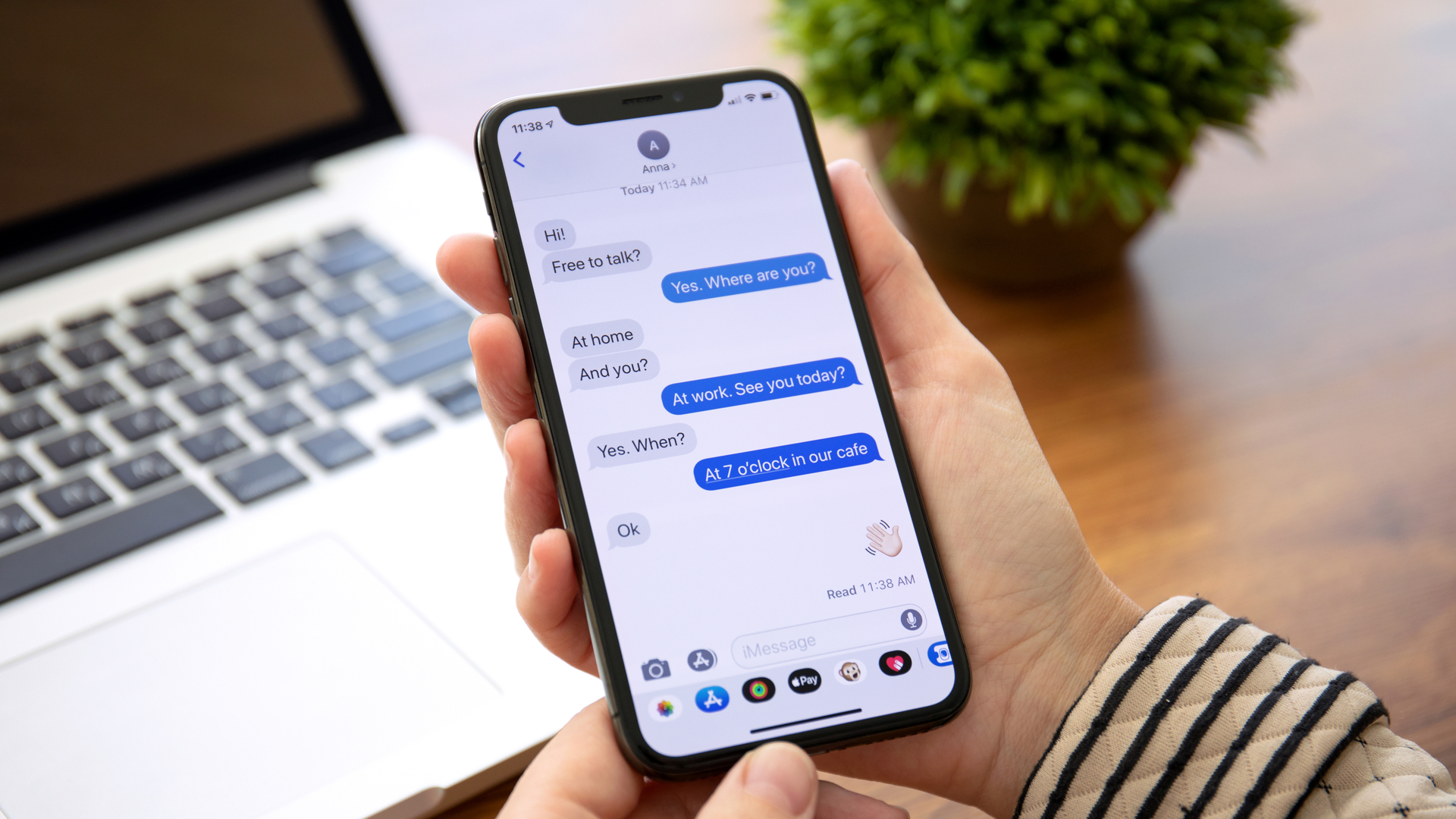
Last week we heard about a brand new way for Android users to access Apple’s iMessage, in the form of the Beeper Mini app. Then Apple promptly shut down the loophole Beeper Mini was using, rendering the app more or less useless. Beeper Mini promised that the service would be back, though we didn’t expect it to happen quite so quickly.
Previously Beeper Mini was tricking iMessage into thinking Android users were actually on an Apple device, spoofing legitimate Apple hardware keys to gain access. This was tied to your phone number, registering it with Apple servers (without Apple’s permission) and didn’t require an Apple ID. The new version is the opposite of this.
Now, Beeper Mini requires you to log in with a genuine Apple ID, and ties all your messages to that email address rather than your phone number. The developers claim that a fix is in the works to offer phone number integration again, but it’s unclear when that might roll out.
Staying one step ahead
Apple was very quick to shut down Beeper Mini, releasing a statement claiming that it “took steps to protect our users by blocking techniques that exploit fake credentials in order to gain access to iMessage.” Adding that, “these techniques posed significant risks to user security and privacy, including the potential for metadata exposure and enabling unwanted messages, spam, and phishing attacks.”
You can understand that logic, because Apple doesn’t control anything Beeper Mini does — and there’s no telling what sort of security risks are hidden in its system. This is especially important given accusations leveled at the Sunbird app, which also powered Nothing Chat. Its alleged that Sunbird didn’t encrypt messages, stored copies of everything and in such a way that they were publicly accessible.
Of course iMessage is one of those things Apple uses to encourage people to buy iPhones. Documents and testimony from the Epic Games lawsuit against Apple revealed that iMessage could have come to Android, but the idea was shot down by Craig Federighi, Apple’s senior vice president of software engineering, because it might put people off buying iPhones.
Tim Cook also rejected the idea of adopting RCS a while back, when asked by a reporter about improving communication with his Android-user mother. His response was that the reporter should “buy [their] mom an iPhone”.
Beeper Mini has bragged about its success as the “fastest growing paid Android application in history”, with over 100,000 downloads. The team is using this as evidence that Android and iPhone users “desperately want to chat together”. Or at least Android users would like to chat with iPhone users without using SMS text messaging — which is insecure and lacking in the feature department.
Apple is launching support for RCS messaging sometime next year, but claimed it would be working on enhancing the protocol’s security features before implementing it in the Apple ecosystem. Presumably we’ll be hearing more about that during WWDC 2024, and I’m hoping this will roll out as part of iOS 18 at the latest.
In the meantime Apple has promised to “continue to make updates in the future to protect our users.” Which I understand to mean that Apple will plug any backdoors or loopholes that allow iMessage access to third party devices. Because of that instability, Beeper Mini’s developers intend to suspend paid subscriptions, and make the app free. At least until “things stabilize”.







